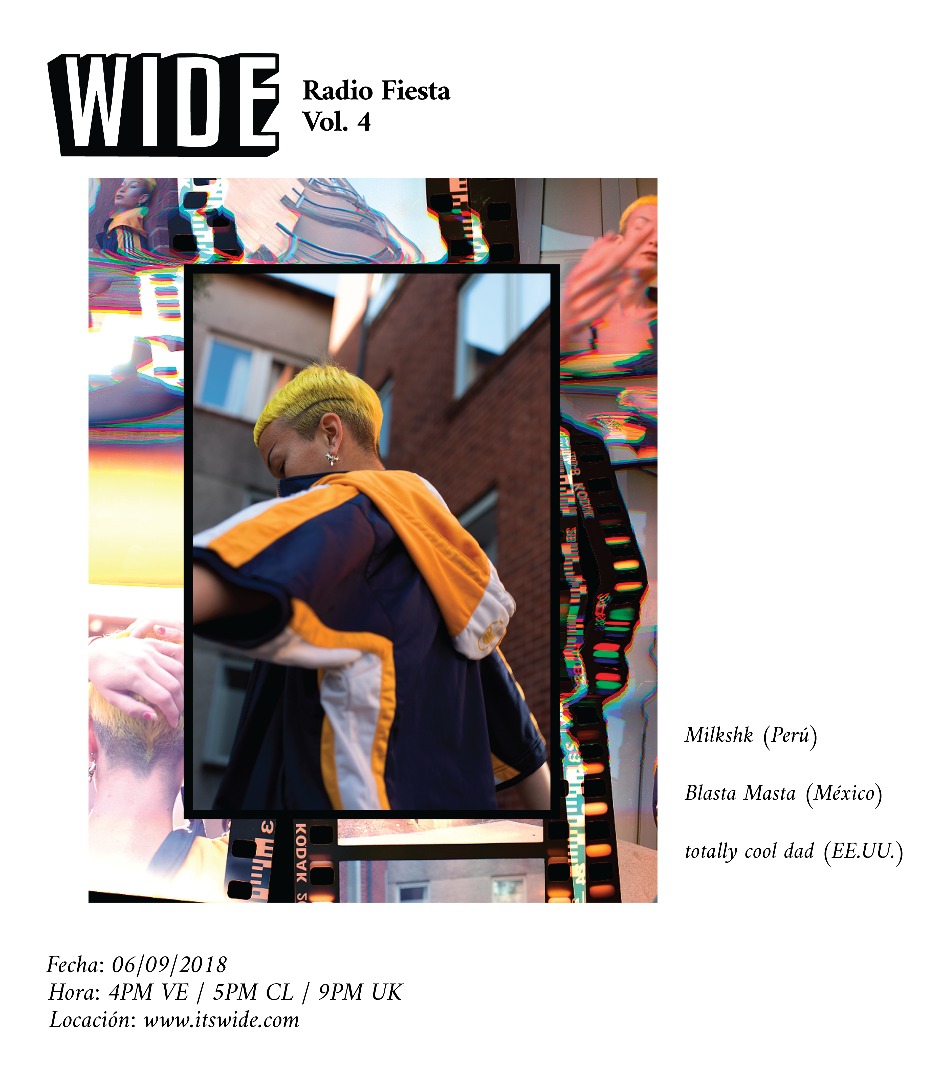Kelela
As much as the current pop music paradigm seems kinda obsessed with the weird and the overly sophisticate, some cool and uncompromising artists take a very avant garde stance against the avant garde hype, making works aimed at quieter and more familiar musical territories whilst gently embedding bits of the current-day trends in them. This is what Kelela, a very proficient singer from Washington, does: sounding very late ‘90s and early 2000s, her silky vocals package a bunch of electronic music styles in delicate and unpretentious R&B tracks.
Debuting around 2013, her productions seem to have made a loop-de-loop through different musical spaces. Starting upwards – under-to-mainstream – with a critically acclaimed collaboration crafted by pioneering UK electronic music labels. Nowadays, she seems to be coming downward from up high, from the archetypal sounds of ‘90s pop, house and R&B, trying to re-join the subterranean primal soup of her electrically laden beginnings.

Photography: Elijah Dominique
It’s because of these comings and goings that traversing her discography can be a multi-coloured experience, brought into cohesion by her voice alone. Her debut album, Take Me Apart, represents a conjunction of work by a handful of producers of distinct styles (take Arca and Jam City, for example) tightly knit in a mellow and dark, clubbable form of R&B. Intertwining these very different styles and driving them into one specific direction is, perhaps, quite the achievement on its own, paired to a greater development of her vocal repertoire: between the background and reverb dipped accompaniment and leading verses, she strikes an almost nostalgic spot full of Janet Jackson’s and Destiny’s Child’s flavour.
Step back a few years to her first album and, instead of re-envisioning pop sensibilities, you’ll find her melding perfectly into the pictures laid by a dizzying variety of producers. Bok bok, Dubbel Dutch and Nguzunguzu are brought together – maybe tamed – by her singing, in a likeable mixture of dubstep wobbles, gummy chorused synths, grimey snares and claps coming from lovable vintage drum machines like popcorn, all spaciously placed around her crystal clear, airy vocals.
Looking at it in retrospective, it would almost seem like it’s an innate talent; surely the experience taught her that her voice greatly compliments electronic mixes. At the same time, the collaboration instilled approachable pop elements to the more under genres that the Night Slugs and Fade to Mind bunch had by then managed to establish nationally, but that could do with more international attention. The creativity she puts in her work and the versatility of her voice lead her to work with notable acts like Teengirl Fantasy, Gorillaz and Clams Casino, so we’ll clearly be seeing more from her.
Presenting us an elegant, straightforward and self-assured image of femininity, she speaks in everyday terms, not coyly, but discreetly, focusing on matters of romance, heartbreak and lust. Not at all oblivious of the current transformations of gender dynamics, she teases and boasts about feminine powers in Gomenasai, a track from her first EP, asking her bedmate why he’d be so shy about her exerting these powers over him. In LMK, she doesn’t mind taking the time to clue absent-minded boys in, or maybe just ditch them. In Cut 4 Me, her lyrics were praised [1] for their unpretentious humanity and sincerity, as she gets toked, mad, thrilled, sullen, horny and finally chill, leaving the markedly sexualized and robotic ways of “Twisted R&B” aside.




